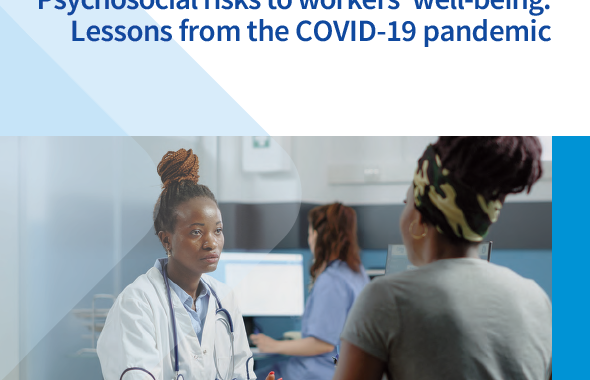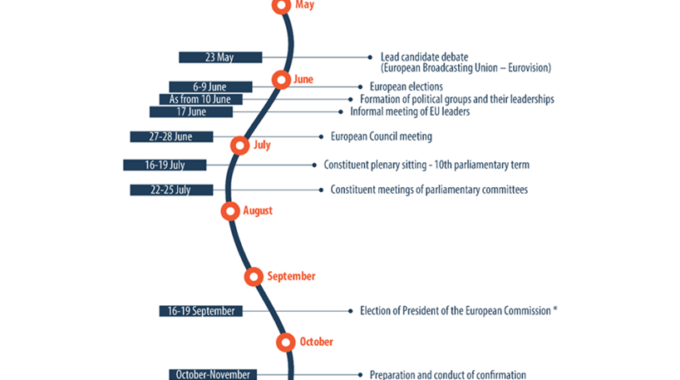
Psychosocial risks to workers’ well-being: Lessons from the COVID-19 pandemic
Eurofound recently published a report on the lessons learned from the COVID-19 pandemic around the psychosocial risks to workers’ well-being.
Psychosocial risks represent a major challenge to the health and well-being of workers in the EU. While the COVID-19 pandemic intensified some of these risks, it also increased awareness of them among policymakers. Using data from the European Working Conditions Telephone Survey 2021 and building on a theoretical model that differentiates between job stressors and job resources, this report examines key psychosocial risks in the workplace and their impact on health. It also assesses job characteristics that could help to protect workers’ health and well-being in post-pandemic workplaces. While the prevalence of psychosocial risks varies across the Member States, work–life interference and work intensity are the most widespread risks in the EU, and the prevalence of the latter increased during the pandemic. Job stressors such as adverse social behaviour and job insecurity continue to be experienced by a significant proportion of workers in the EU. Although resources are available to combat some risks, these may not be sufficient, and preventive policies need to be implemented to prevent risks from arising in the first place.





